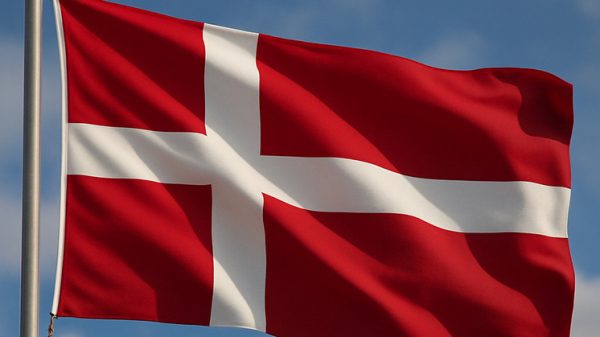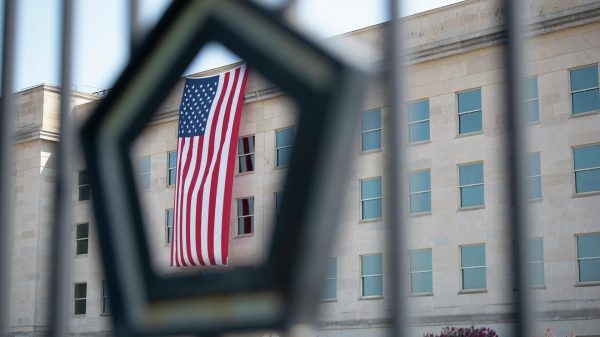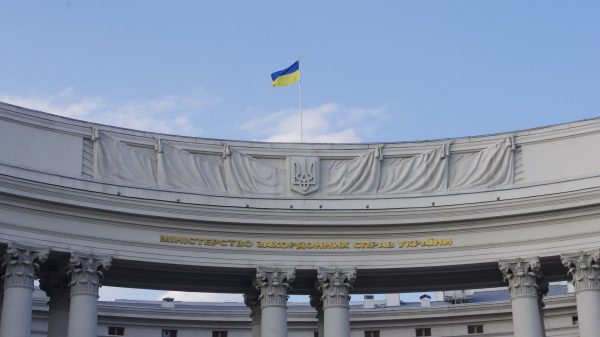
Last fall, Liz Truss was rumored to be on the verge of taking control of the strike-struck Avanti West Coast Rail Line while Whitehall officials intervened.
Then the Prime Minister was about to sign the move when the Mandarins said, «Do you know what that means nationalization?» or so goes the story among railroad bosses.
Truss eventually turned his back on the idea in order to defend his principles.
Her successor, number 10, has such doubts no.
On Thursday, Transportation Secretary Mark Harper nationalized Transpennine Express, defranchising operator FirstGroup after what he denounced as a series of «permanent cancellations.»
This is the latest rail operator returned to public ownership after Southeast was nationalized in 2021. In February 2020, Northern rail became state-owned.
The East Coast Main Line, now called the LNER, was nationalized in 2018.
FirstGroup also operates the critically acclaimed West Coast Main Lines as part of the Avanti joint venture.
Avanti, which links London to Birmingham, Manchester and Glasgow, has garnered most of the headlines for its fun service.
< img src="/wp-content/uploads/2023/05/7784c491d9b30ae6348ccd1993f6a327.jpg" /> Transport Minister Mark Harper insists that Transpennine's nationalization will be temporary. Photo: Lucy North/PA Wire
But beleaguered passengers using the Transpennine Express have been pointing out for some time that their trains are much worse.
“Transpennine Express passengers have endured unacceptable service for far too long,” says Anthony Smith, who as chief executive of quango Transport Focus is not known for letting you break.
“Passengers will want to see a much more reliable service. Clearly, passengers deserve better, and the operator needs to take action to improve efficiency and restore passenger confidence.”
The Minister of Transport insisted that the nationalization of the Transpennine Express was “temporary”.
The railway industry took this promise with a grain of salt, as there has been nothing but growing government influence in the sector in recent years.
Approximately half of UK trains are now operated directly. state after the nationalization of the Transpennine Express, according to an analysis of the newspaper's official statistics.
Based on passenger train kilometers—an industry metric that combines the number of passengers and the distance they travel—about 43.4% are in operated either by the public “operator of last resort” or by autonomous administrations, according to a review of the data collected by the Office. of Rail and Road.
LNER, Northern rail, Transport for Wales, Southeast, Scotrail, Caledonian Sleeper, and now Transpennine Express have been taken over by the state since 2018.
If services in these areas remained in private hands, only 4, 5 percent of passenger-kilometres would be under the direct control of the government, the Telegraph analysis shows.
 The nationalization of Transpennine came after numerous other government interventions, including with regard to the LNER in 2018. Photo: Jonathan Brady/PA Wire
The nationalization of Transpennine came after numerous other government interventions, including with regard to the LNER in 2018. Photo: Jonathan Brady/PA Wire
Many in the rail industry believe that the government is «rewarding bad behavior,» as one executive put it, by nationalizing lines heavily disrupted by strikes.
The executive says, «This is a union victory. In this case, the unions sabotaged the work of the operator and the government conceded the victory.
“This is not only due to mismanagement… the actions of [the drivers union] Aslef to impose a ban on overtime led to a protracted dispute.
< p>«Operators will be appalled by the decision, it shows that if you sabotage the operator enough, the government will eventually terminate the contract with the operator.» a thousand cuts.
A third says, “Handling the Transpennine Express to the operator of last resort will not change anything. unless the union lifts the absurd overtime ban and accepts the generous cash allowance offered to drivers for a fifth day of work each week.”
Mick Whelan, Aslef's general secretary, denies the claims.
“Mark Harper is a smart man who knows perfectly well that the fault lies not with this union, but with the doors of the company,” he says.
There is no one size. fits all explanations of how several lines were nationalized.
The LNER, for example, was nationalized for being too greedy. Announcing the decision in Parliament, then Transport Minister Chris Grayling said that Virgin Trains, as it was then called, «miscalculated the amounts». for the one who closed the doors. The takeover of transport for Wales by the state was a natural step for the far-left autonomy of the administration of the country under the leadership of Mark Drakeford.
Poll of railway strikes 27.04.23
The South-East was nationalized after a «serious breach»" the train operator after failing to declare £25m of taxpayer money that was due back.
Nicola Sturgeon's decision to take over Scotrail and Caledonian Sleeper was the result of the SNP's promise to put the railways under government control.
Such interventions have paralleled the takeover by transport officials during the pandemic.
Operators have needed huge subsidies during Covid restrictions to keep operating.
At last count, by March 2023, the rail industry had received £42bn of taxpayer assistance – about £1,300 for each taxpayer, whether they used the railway or not – according to the Taxpayers Alliance.
There is an estimated £2bn annual hole in the finances of the rail industry as commuters either avoid the morning peak in favor of cheaper off-peak tickets or choose to avoid trains altogether by working from home.
Industry the bosses argued that this was a deficit that could not be made up by cutting costs or increasing fares. As a result, what should have been temporary taxpayer support has quietly become permanent.
This prompted government officials to step up control.
While 56.6% of rail traffic is run by private operators, Grant Shapps' decision to de-franchising in May 2021 has turned them from risky operators to nothing more than government pawns.
John Penrose MP for Weston-super — Marais and Chairman of the Conservative Policy Forum has led the charge in criticizing the growing state influence over the railroads in recent years.
But instead of pointing the finger at the Conservative Party, he puts the blame at the feet of the Whitehall mandarins.
«This is not a deliberate attempt by the government to covertly nationalize the railroads,» says Penrose.
«The growing number of public property operators is more of a function of the Department of Transportation's knee-jerk «doing business as usual.»
“Ministers must chart a different course with a clear radical alternative. They should come up with a different plan that aims to increase rather than decrease the role of the private sector in the railroads.”
Whether the Conservative government can make it this side of the general election remains open. be seen.


























































Свежие комментарии